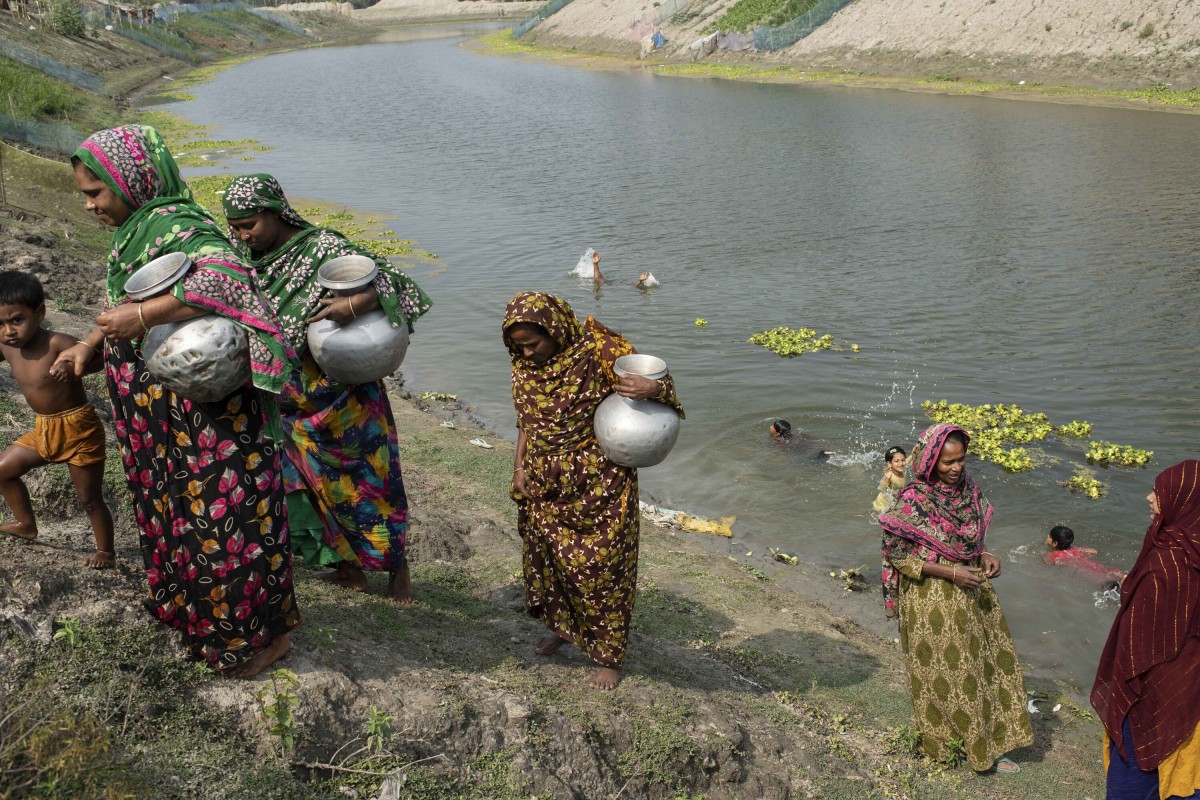‘New development aid policy letter by Dutch minister Klever harmful, heartless and unwise’
The plans in Minister Reinette Klever's new policy letter come at the expense of supporting women and girls in vulnerable communities worldwide. And will also affect the quality and effectiveness of Dutch development aid policy and thus the international status of the Netherlands. This is what Simavi director Dieneke van der Wijk warns for in response to the policy letter released today.
Simavi works with partners in countries in Africa and Asia on programmes that support local solutions of women and girls so that they get access to water, a toilet and equal treatment.

Programmes focused on gender equality
Klever announces that Dutch interests will come first from now on. She wants to work more intensively with Dutch business and use the Dutch water sector in projects and tenders. And she will stop programmes aimed at gender equality. ‘Harmful, heartless and very unwise,’ Van der Wijk argues.
In her policy letter, besides food and health, the minister chooses water (management) as a central theme but fails to mention climate change as a major contributor to the water crisis. Globally, women and girls are hit hardest by climate change and its impact on the availability of safe drinking water.
‘That is why funding for programmes aimed at gender equality and women's rights - something the Netherlands has traditionally been strong in - is essential,’ Van der Wijk said. 'As is funding for climate adaptation where people are most vulnerable. Climate adaptation is not interesting for companies to invest in so the role of governments and civil society organisations in this is crucial.'
Importance of local water and climate solutions
The minister claims to want to focus on water management: that should include that women - who are usually responsible for household water - also having a say in water and climate solutions.' As we realise, for example, through the Water Justice Fund, where women's groups use small-scale grants to invest themselves in local solutions that deliver sustainable improvements.
It also remains important that the voices of women - who are hardest hit by the effects of climate change - are heard internationally. ‘Minister Klever's dash through issues like climate and water in the Civil Society Policy Framework, and the ban on lobbying on these issues in the Netherlands or at the UN is a huge step backwards.’
One-sided focus on corporate interests
Simavi works from the conviction that the goal of safe drinking water for all requires all stakeholders - government organisations, the private sector and civil society - to work together towards a sustainable and robust system. 'This way, we ensure that facilities meet the needs of groups that are otherwise unheard, such as women and girls. A one-sided focus on the interests of Dutch business is at odds with compliance with universal human rights to water and sanitation.'
Van der Wijk: ‘The floor now belongs to the Lower House. We must not abandon the women and girls who are most affected by the decline in water security. For the quality and effectiveness of policy, it is important to also make use of the expertise of Dutch and local civil society organisations and give them room to play their part.'


